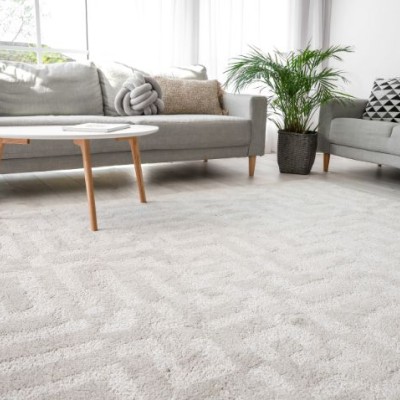Making sure you have the right level of cover

As a tenant, it’s important to understand that your landlord’s insurance only covers them. For example, if any of your property was damaged by a flood or fire in your rented home, your landlord would not be obliged to compensate you (unless you could prove they were negligent in some way).
To make sure you are properly financially protected, we’d recommend you check that you have an appropriate level of insurance cover in these three areas:
1. Damage to your landlord’s property
Although your landlord should have insurance to cover damage to their property, if you caused the damage, they are likely to ask you to pay for repair or replacement of the item.
While paying for a broken lamp might not worry you, something like a sofa could easily cost many hundreds of pounds to replace. So it’s well worth having tenant insurance that covers you for accidental damage to your landlord’s furniture, fixtures and fittings, if you are liable under the terms of your tenancy agreement. This should be standard on a tenant contents insurance policy.

2. Your own belongings
Tenant contents insurance should cover you for loss or damage to your personal items, including clothing, jewellery, furniture, soft furnishings and electrical items.
Our own Tenant Contents Cover includes theft from garages and other outbuildings, as well as insured contents temporarily removed from the home within the British Isles.
Before getting an insurance quote, it’s important to take time to add up approximately how much it would cost to replace all your possessions. It may be more than you think, and you don’t want to risk being underinsured.
If you have any particularly valuable items, speak to your insurer, as these may need to be listed as ‘specified items’ on your policy. This is likely to increase the cost of your premium, but the relatively small extra payment will give you peace of mind that your most expensive possessions are covered.
3. Lost rent or extra accommodation costs
If your rented home is damaged by an insured event and can’t be lived in as a result, you might incur extra costs in finding and securing alternative accommodation.
As such, you should check that your tenant insurance will cover you for those costs, in the event that your landlord’s building insurer is not liable.
For more information, see our separate article, ‘Why tenants should consider insurance for their rental home’.
With any insurance policy, it’s also important to check:
- Exclusions – that’s things that aren’t covered and circumstances in which your insurer would not pay out
- The maximum amount your insurer will pay for any one incident
- The excess payable, which is likely to vary for different types of claim
Note that all policies will have exclusions and limits to the amount that will be paid for any one incident. Damage caused by domestic pets is not covered under our own standard tenant insurance policy.
To discuss your own specific requirements and ensure you get the right level of cover so you’re not underinsured, you can call our team on 01903 890044 or request a call back via our website.

Contact Us
Got a question, general enquiry or something else?
You may also like
Since we started in 1987 we have grown to one of the UK’s largest property groups, we can save you time and money by offering a range of services and expertise under one roof.
 What are the biggest deposit disputes and how can landlords protect themselves?
What are the biggest deposit disputes and how can landlords protect themselves?
 Three claims landlords of leasehold flats may not be covered for without specialist insurance
Three claims landlords of leasehold flats may not be covered for without specialist insurance
 Are adverse weather events driving up your landlord insurance premium?
Are adverse weather events driving up your landlord insurance premium?
 Will the Renters' Rights Bill affect landlord insurance?
Will the Renters' Rights Bill affect landlord insurance?